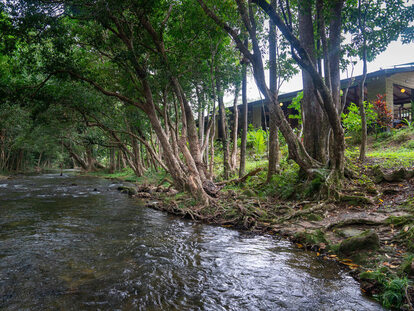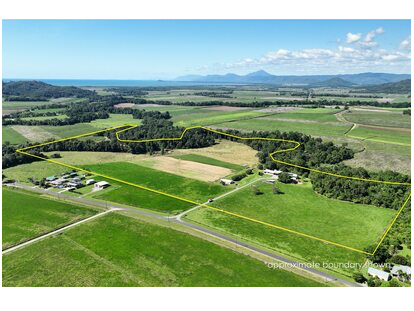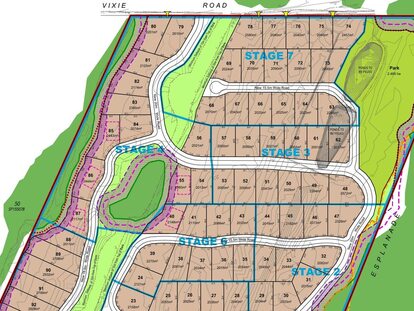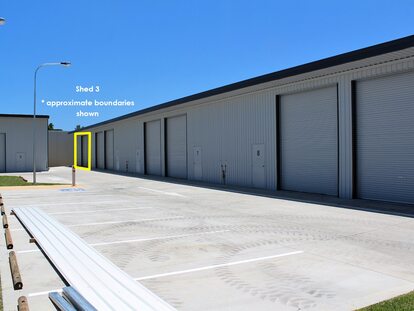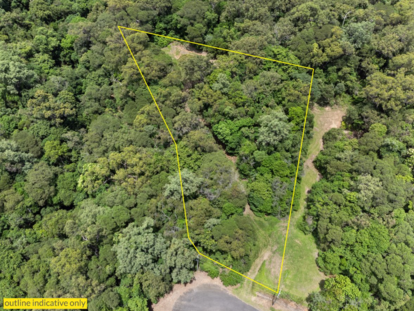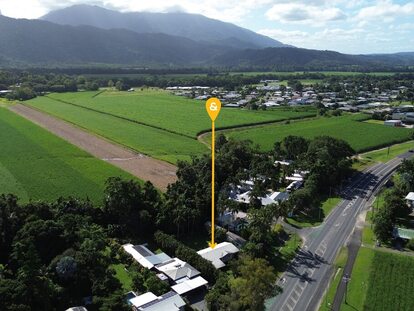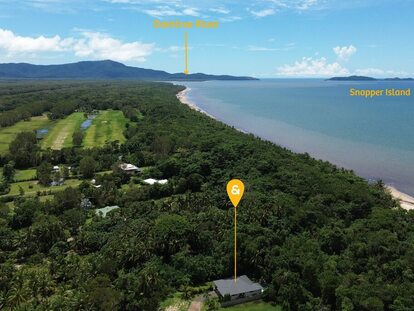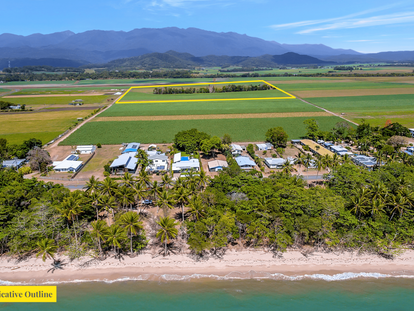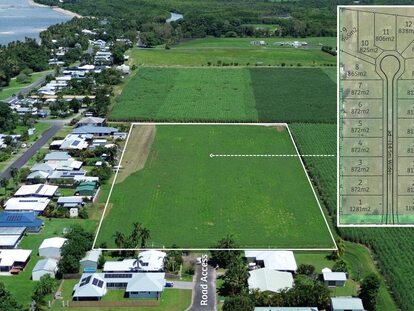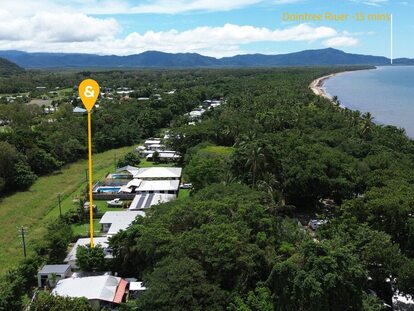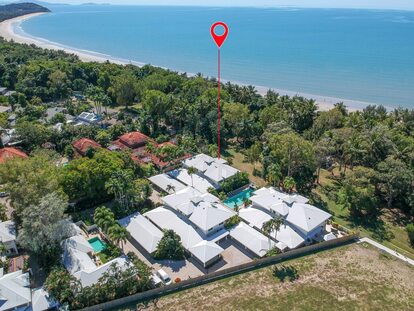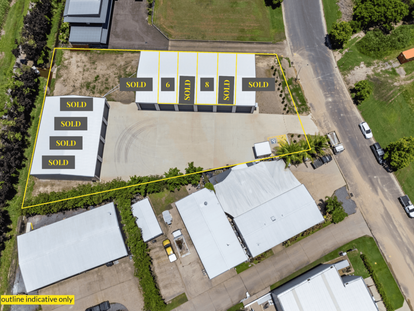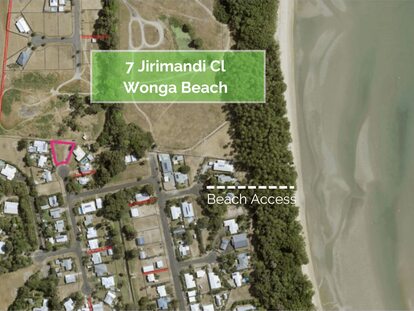Opinion: The Australian way of war
Opinion
The hardly noticed evil of Russian President Vladimir Putin’s invasion of Ukraine and Chinese President Xi Jinping’s foray into the South China Sea is that they have given legitimacy to defence hawks in Australia and indeed boosted their numbers. And this in the face of a good case for Australia being more independent and more isolationist.
We keep blundering into wars where we have no business against people who pose no threat, based bombast and lies: the Boer War, World War I, Korea, Vietnam, Afghanistan and Iraq.
And now we are slowly making our armed forces a sub-regiment of the US armed forces, in way that poses greater danger by making us a target than if we pulled back and made ourselves an irrelevant outpost.
Since 1945, according to American historian William Blum, the US has tried to overthrow more than 50 governments, many of them democratically elected; grossly interfered in elections in 30 countries; bombed the civilian populations of 30 countries; used chemical and biological weapons; and attempted to assassinate foreign leaders. In many cases Australia has been a collaborator.
There are much better defensive tools than the vastly expensive US-enmeshed weapons, ships and armoured vehicles that we have on the drawing board. Systems that make arms dealers rub their hands in glee.
Geography combined with defensive asymmetric systems are our best defence. Surely, this is one of the most important lessons from Ukraine’s defence. It is a lesson China is certainly aware of. Invasion of a neighbour even with a massive arms and numeric advantage and a land border is a path to disaster in these days of asymmetric weapons.
The days of Blitzkrieg are over.
As it happens, late last month the Government announced a parliamentary inquiry into Australia’s war powers which would obviously canvas the question of whether the Prime Minister should have the sole power to commit Australian troops to war, or whether the Parliament should have to approve.
Prime Minister Andrew Fisher said in 1914, that if Britain went to war, Australia would support Britain to “our last man and our last shilling”. And we did.
Prime Minister Robert Menzies committed Australia to World War II in 1939 attached to British apron strings, saying, “Fellow Australians, it is my melancholy duty to inform you officially that, in consequence of a persistence by Germany in her invasion of Poland, Great Britain has declared war upon her, and that, as a result, Australia is also at war.”
This was more than two years before Japan attacked Pearl Harbor posing a direct threat to us.
Menzies also took us in to Korea and Vietnam without parliamentary approval. Prime Minister Bob Hawke took us into Iraq. Prime Minister John Howard took us into Afghanistan and Iraq.
It is doubtful whether Australia would have engaged our blood and treasure in Afghanistan and Iraq so catastrophically and futilely if parliamentary approval been required, given the Government did not have a majority in the Senate.
The Parliament has the power to restrict the Executive’s (or Prime Minister’s) power to commit troops overseas. Section 51 says the Parliament has the power to make laws with respect to defence.
Indeed, during World War I it was thought the Commonwealth Executive did not have power to send conscripts overseas, because that did not constitute “defence”. Two referendums were put to permit the Government to do so and both failed.
By and large the Australian people are far less warlike than their governments.
In 2020 a Morgan poll said 83 per cent were in favour of Parliament deciding on whether to commit troops to war. A 2021 poll by Digital Edge put it at 87 per cent.
Yet our politicians are reticent. Michael West Media, a group of independent journalists, put it to our politicians and got wall-to-wall no comment or no reply from Labor MPs. Nearly all independents and Greens said yes. And a great majority of Coalition MPs said No.
The Liberal deputy chair of the defence subcommittee, Andrew Wallace, was trenchantly against.
“If we had a situation where the Greens are holding the balance of power in the Senate, or maybe even independents are holding the balance of power in the House of Representatives, someone who could be ideologically opposed to any conflict could act in a way which is significantly contrary to our national interests,” he said.
“The executive has got to be given the power to govern the country and particularly in relation to national security issues. I don’t care whether it’s Labor or Liberal – they can’t be hamstrung by the parliament.”
“Hamstrung by the Parliament”! It was a contemptuous attack on parliamentary democracy. It sounded like the words of an autocrat. In a democracy, surely, the Parliament does not hamstring anyone. The Parliament is supposed to exercise the people’s will.
But apparently Wallace does not want the Executive to be restrained from going off to war and committing Australian blood and treasure by those pesky representatives elected by the Australian people.
Gosh, don’t let democracy get in the way of a good war fought in the commercial interests of the military-industrial complex.
Yes, the invasion of Ukraine was a war crime and Putin is a war criminal. And there is a good case for supporting democracy with weapons, but the Prime Minister should not have the power to send troops. The Executive has enough power over treasure, without also having it over blood.
Wallace argued that Parliament should not have a say in committing troops because “all wars are an emergency”. But that is not a valid reason. Parliament can meet instantaneously in these days of Zoom.
Australia’s democracy should not retain one of the hallmarks of elected autocracies like Russia, where the elected Parliament’s powers are constrained to rubber stamping Putin’s decisions and where one man (invariably a man) can order people to war.
The big danger now for Australia is, in the words of Hugh White, sleepwalking to war with China with the ramping up of rhetoric and arms acquisition. Yes, by all means stand up against Chinese bullying, as we have done with trade and in the Pacific. But war is another matter. Putin and Xi will eventually get ill, die or lose power.
In the meantime, the Australian people, via the Parliament, should answer the questions do we go to war; what are we defending (Taiwanese democracy for example) or attacking (Vietnam and Iraq for example); and is it worth the cost?
This article first appeared in The Canberra Times and other Australian media on 11 October 2022.
Thank you!
Newsport thanks its advertising partners for their support in the delivery of daily community news to the Douglas Shire. Public interest journalism is a fundamental part of every community.
Got a news tip? Let us know! Send your news tips or submit a letter to the editor here.
* Comments are the opinions of readers and do not represent the views of Newsport, its staff or affiliates. Reader comments on Newsport are moderated before publication to promote valuable, civil, and healthy community debate. Visit our comment guidelines if your comment has not been approved for publication.






















